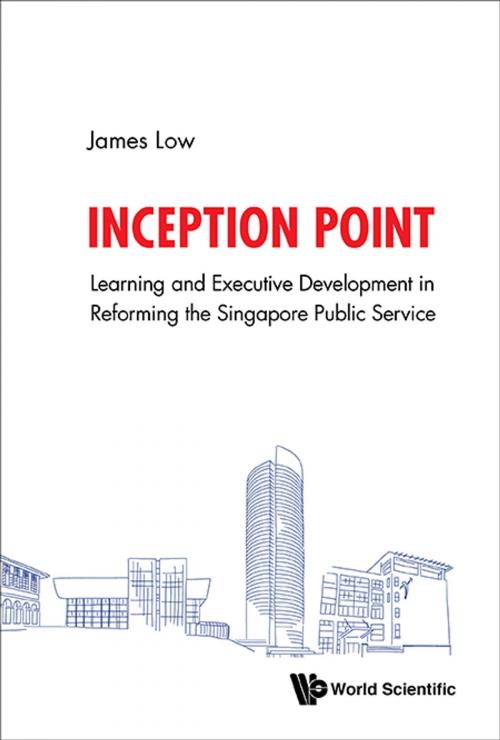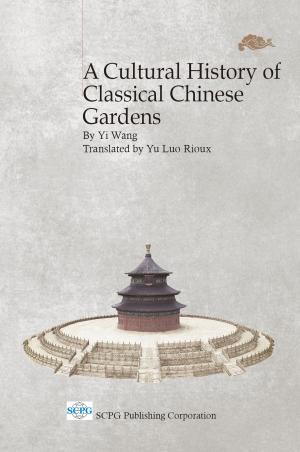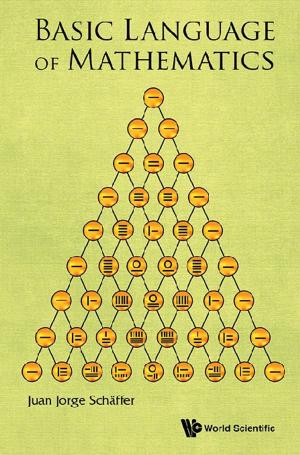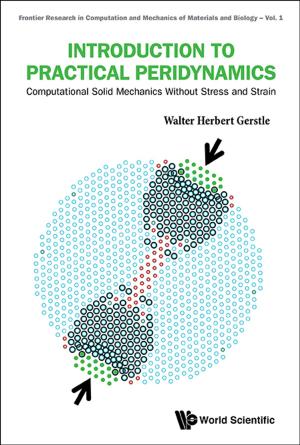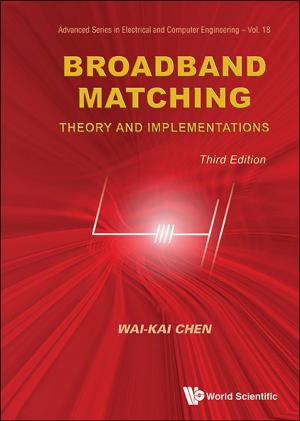Inception Point
The Use of Learning and Development to Reform the Singapore Public Service
Nonfiction, Social & Cultural Studies, Political Science, Government, Public Affairs & Administration, Politics, History & Theory| Author: | James Low | ISBN: | 9789813235083 |
| Publisher: | World Scientific Publishing Company | Publication: | March 16, 2018 |
| Imprint: | WSPC | Language: | English |
| Author: | James Low |
| ISBN: | 9789813235083 |
| Publisher: | World Scientific Publishing Company |
| Publication: | March 16, 2018 |
| Imprint: | WSPC |
| Language: | English |
Inception Point: The Use of Learning and Development to Reform the Singapore Public Service fills a gap in current literature on Singapore's modernisation. While the political leadership of the late Prime Minister Lee Kuan Yew and his People's Action Party (PAP) government were key to Singapore's modernisation, the role of policy implementation was one shouldered by the Singapore Public Service, a story thus far neglected in literature.
Inception Point argues that the Singapore Public Service used executive development and training to introduce reforms across the bureaucracy. In so doing, the bureaucracy constantly adjusted itself to help modernise Singapore. In the 40 years between decolonisation in 1959 and 2001, when the training arm of the bureaucracy became a statutory board, training had been used firstly, to socialise the bureaucracy away from its colonial-era organisational culture to prepare it for the tasks of nation-building. Subsequently, civil servants were mobilised into an 'economic general staff' through training and development, to lead the Singapore developmental state in the 1970s and the 1980s. The Public Service for the 21st Century (PS21) reforms in the 1990s was the epitome in harnessing development and training for reforms across the bureaucracy.
Contents:
- Acknowledgements
- Abbreviations
- Introduction
- Neglect: The Origins of Singapore's Administration and Training (1819–1959)
- Early Political Socialisation: The Political Study Centre and Staff Training (1959–1969)
- Toward Managing the "Developmental State": The Staff Training Institute (1971–1975)
- Symbolism and Tinkering: The Civil Service Staff Development Institute and the Civil Service Institute (1975–1996)
- The First Dedicated Leadership Training Initiative: Civil Service College (1993–1996)
- Instrument for Reforms: Aligning the Civil Service College for PS21 (1996–2001)
- Conclusion: Training and Development as Inception Point of Reforms
- Sources and Bibliography
- Index
Readership: Students and professionals interested in the history of the civil service in Singapore, interested in reforms for civil service in general.
Key Features:
- This book is the first academic treatment of the administrative history of an important central agency in the Singapore Public Service
- It uses new primary sources including archival records which have never been cited or published, and dedicated interviews with key players during the period, including a minister, several permanent secretaries and numerous senior officers
- This book provides an academic treatment of the administrative history of an agency in the Singapore Public Service. Numerous government agencies have published souvenir-type or corporate-style books which included snippets of their evolution. This book is the first which employs an academically rigourous approach to examine the development of an agency in the Singapore Public Service
- This book is definitive work on the role of learning and executive development and reforms in the Singapore Public Service, being a pioneering work in these fields. By featuring the erstwhile underdeveloped role played by the Public Service in Singapore's modernisation, the book also draws out deeper texture beyond the current narrative
Inception Point: The Use of Learning and Development to Reform the Singapore Public Service fills a gap in current literature on Singapore's modernisation. While the political leadership of the late Prime Minister Lee Kuan Yew and his People's Action Party (PAP) government were key to Singapore's modernisation, the role of policy implementation was one shouldered by the Singapore Public Service, a story thus far neglected in literature.
Inception Point argues that the Singapore Public Service used executive development and training to introduce reforms across the bureaucracy. In so doing, the bureaucracy constantly adjusted itself to help modernise Singapore. In the 40 years between decolonisation in 1959 and 2001, when the training arm of the bureaucracy became a statutory board, training had been used firstly, to socialise the bureaucracy away from its colonial-era organisational culture to prepare it for the tasks of nation-building. Subsequently, civil servants were mobilised into an 'economic general staff' through training and development, to lead the Singapore developmental state in the 1970s and the 1980s. The Public Service for the 21st Century (PS21) reforms in the 1990s was the epitome in harnessing development and training for reforms across the bureaucracy.
Contents:
- Acknowledgements
- Abbreviations
- Introduction
- Neglect: The Origins of Singapore's Administration and Training (1819–1959)
- Early Political Socialisation: The Political Study Centre and Staff Training (1959–1969)
- Toward Managing the "Developmental State": The Staff Training Institute (1971–1975)
- Symbolism and Tinkering: The Civil Service Staff Development Institute and the Civil Service Institute (1975–1996)
- The First Dedicated Leadership Training Initiative: Civil Service College (1993–1996)
- Instrument for Reforms: Aligning the Civil Service College for PS21 (1996–2001)
- Conclusion: Training and Development as Inception Point of Reforms
- Sources and Bibliography
- Index
Readership: Students and professionals interested in the history of the civil service in Singapore, interested in reforms for civil service in general.
Key Features:
- This book is the first academic treatment of the administrative history of an important central agency in the Singapore Public Service
- It uses new primary sources including archival records which have never been cited or published, and dedicated interviews with key players during the period, including a minister, several permanent secretaries and numerous senior officers
- This book provides an academic treatment of the administrative history of an agency in the Singapore Public Service. Numerous government agencies have published souvenir-type or corporate-style books which included snippets of their evolution. This book is the first which employs an academically rigourous approach to examine the development of an agency in the Singapore Public Service
- This book is definitive work on the role of learning and executive development and reforms in the Singapore Public Service, being a pioneering work in these fields. By featuring the erstwhile underdeveloped role played by the Public Service in Singapore's modernisation, the book also draws out deeper texture beyond the current narrative
